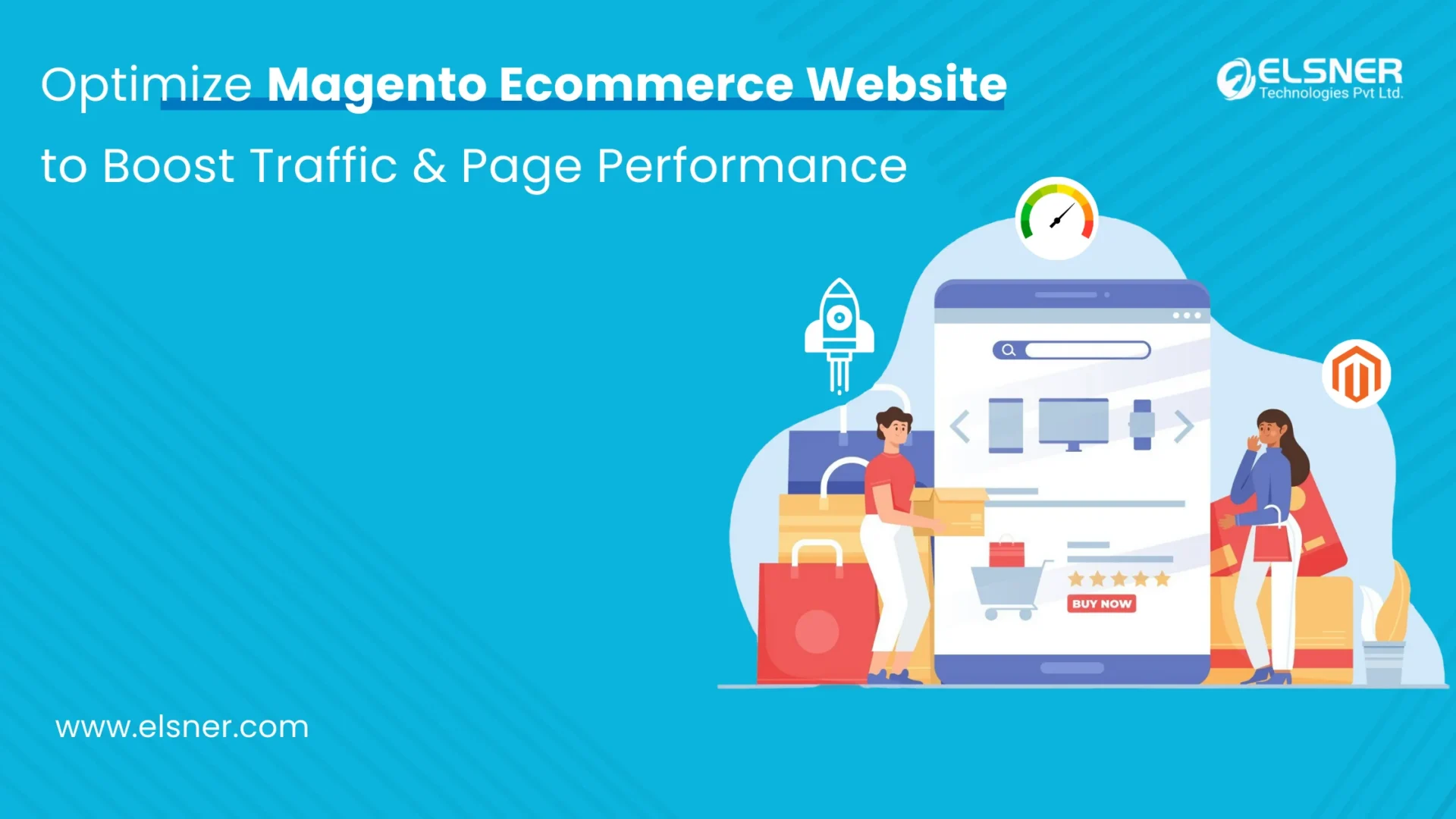Magento is a leading e-Commerce technology with over 255,000 online stores built on either Community or Enterprise platforms. Developed in PHP 5.3 and Zend Framework, it offers supreme flexibility to manage design and content for e-Commerce stores. It is also known for its scalability and huge support network, and generate better ROI than other technology platforms in e-Commerce.
Highly valued by developers, solution providers, industry partners and web store operators, Magento 2.0 version is expected to release by March 2015.
Interesting features that may be highlighted in Magento 2.0 are:
1. Customized product flow and web store organization, including improvements in tax structures and rates in this version are the best in Magento Development.
2. A logical structure with different layout sections with introduction of the concept of ‘containers’ with separate section for blocks, sub-containers and containers for children classes improves .
3. Responsive design will now be a default feature in Magento 2.0.
4. It has replaced ‘skin’ with ‘theme’, so that the developers can manage and deploy easily. Developers will be able to manage themes and design packages directly from database. It will facilitate editing block and page design through ‘drag and drop’ functionality.
5. It is developed on Representational State Transfer (REST) API and Simple Object Access Protocol (SOAP) with Wireless Service Integration (WSI) Web Service Description Language (WSDL) for better web application performance.
6. It includes jQuery to build creative web applications. Database access layers, translation and cache engine are optimized in this version of Magento.
7. It provides advanced UI / Ux for shop owners to manage their products and tax rates. Developers can customize navigation and menus as per business requirements.
8. Integration testing (framework), unit testing, static testing, performance testing, javascript testing, legacy and migration testing are a part of Magento 2.0.
9. It will support a variety of databases such as MySQL, MSSQL, Oracle SQL and PostgreSQL. Online stores will benefit from cataloging products so that indexing and import time is reduced.
10. Speed and performance has been enhanced in Magento 2.0 Compared to Magento 1.x. With component oriented architecture it includes customer, catalog, sales, checkout, CMS, etc that improve flexibility and site performance.

About Author
Dipak Patil - Delivery Head & Partner Manager
Dipak is known for his ability to seamlessly manage and deliver top-notch projects. With a strong emphasis on quality and customer satisfaction, he has built a reputation for fostering strong client relationships. His leadership and dedication have been instrumental in guiding teams towards success, ensuring timely and effective delivery of services.




